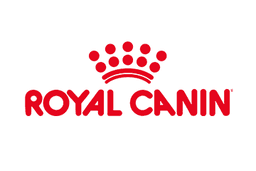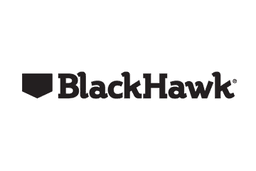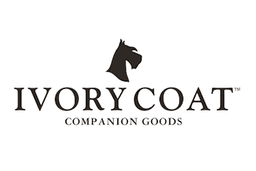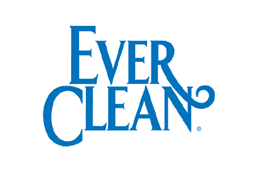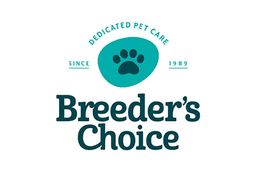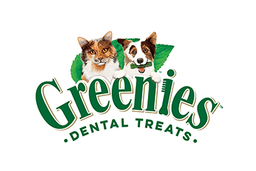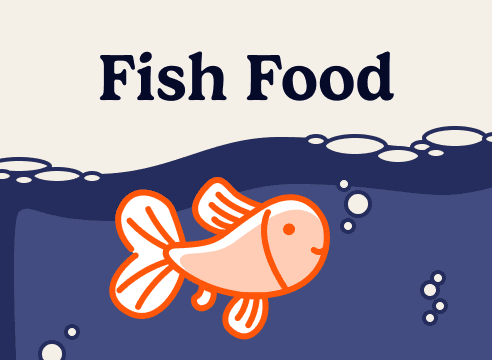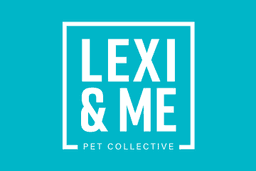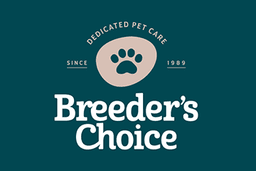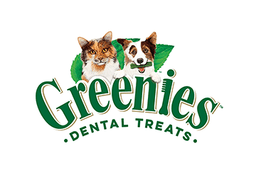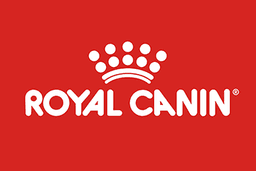Labrador Retriever

The lovable Labrador top the popularity list of many countries worldwide, driven by their excellent temperament and friendly nature.
Labrador Retrievers, or Labs as they are more commonly known, originated in Newfoundland Canada in the 19th century. Originally bred to help fisherman to haul nets/ropes and retrieve fish, the modern Lab has a diverse range of jobs including family companion, disability assistance, military support and border protection.
Labradors are a medium to large breed dog and their size ranges from 55 to 62cm (height) and weight from 25 to 36kg, with females tending to be a bit smaller than males.
Labrador Facts & Characteristics
| Characteristic | Detail |
|---|---|
| Origin | Newfoundland, Canada |
| Dog Breed Group | Originally bred as fishing dogs |
| Height | Medium-large, 55 to 62cm |
| Weight range | 25 to 36kgs |
| Colours | Black, Chocolate, Yellow |
| Life expectancy | 10 to 13 years |
| Coat | Short and thick, moderate to heavy shedder |
| Temperament | Friendly, outgoing, intelligent, energetic |
| Exercise requirements | High |
| Best suited for | Families or any pet parent who wants to live an active lifestyle with their pooch! |
| Apartment friendly | Yes, if they receive plenty of exercise |
Personality
Originally bred as a working dog, Labradors have a high exercise requirement, and regular exercise is essential to help avoid destructive behaviours. Labradors thrive on agility, obedience and tracking.
This active intelligent pooch is well suited to any prospective pet parent and with the correct training and attention, and they also make excellent family pets.
Grooming
Labradors have a thick dense coat that requires regular brushing, with coat colours ranging from black, chocolate and yellow.
Feeding
Royal Canin Labrador Dry Dog Food
Royal Canin understand that every dog is unique. They research breed-specific traits and combine scientific and nutritional research from their network of experts to create precise nutrition for your dog.
Royal Canin Labrador Retriever puppy and adult formulas feature high-quality protein sources, unique nutrients, and are designed with specific shape, size and texture to meet your Labrador’s facial jaw structure and biting pattern.
Benefits:
- Immune System Support
Labrador Retriever Puppy helps support your puppy’s natural defences thanks particularly to a complex of antioxidants including Vitamin E. - Healthy Growth & Weight
Labrador Retriever Puppy contributes to the healthy development of the growing Labrador Retriever puppy’s bone structure and promotes harmonious weight gain thanks to an adapted intake of energy, protein, calcium and phosphorus. - Digestive Health
Labrador Retriever Puppy contains a combination of nutrients with high quality protein (L.I.P.*) and prebiotics (FOS) to support digestive health and balance of intestinal flora, which contributes to good stool quality. *Protein selected for its very high digestibility. - Ideal Weight
The Labrador Retriever is known for their tendency to gain weight. This Labrador adult formula helps maintain the Labrador Retriever’s ideal weight thanks to L-Carnitine and an adapted calorie content. - Bone & Joint Health
Labrador Retriever Adult helps support healthy bones and joints and maintain ideal weight. Enriched with glucosamine, chondroitin, EPA and DHA. - Healthy Skin & Coat
Both formulas help support the skin’s natural barrier role and maintain skin and coat health (EPA and DHA). Enriched with borage oil. - Tailor Made Kibble
This kibble’s texture and formula are adapted to the Labrador Retriever dog, and its specific shape helps reduce the rate of food intake.
Key Ingredients
Labrador Retriever Puppy: Dehydrated poultry protein, maize, vegetable protein isolate*, rice, maize flour, animal fats, maize gluten, hydrolysed animal proteins, wheat flour, beet pulp, fish oil, minerals, vegetable fibres, soya oil, fructo-oligo-saccharides (0.34%), psyllium husks and seeds, hydrolysed yeast (source of mannan-saccharides), hydrolysed crustaceans (source of glucosamine) borage oil, yeast extracts (source of beta glucans), marigold extract (source of lutein), hydrolysed cartilage (source of chondroitin). *L.I.P.: protein selected for its very high digestibility.
Labrador Retriever Adult: Dehydrated poultry protein, rice, wheat, maize, maize gluten, vegetable protein isolate*, animal fats, hydrolysed animal protein, vegetable fibres, beet pulp, yeasts and parts thereof, fish oil, soya oil, minerals, psyllium husks and seeds, fructo-oligo-saccharides, hydrolysed crustaceans (source of glucosamine), borage oil (0.1%), marigold extract (source of lutein), hydrolysed cartilage (source of chondroitin). *L.I.P.: protein selected for its very high digestibility.
Lifestage
Labrador Retriever Puppy: 2 months – 15 months
Labrador Retriever Adult: Over 15 months
Common Health Concerns
Labradors can suffer from allergies, which may be environmental or food-related. Symptoms include itching, ear infections, and gastrointestinal issues. Their floppy ears mean they are also susceptible to ear infections. Regular cleaning and keeping the ears dry can help prevent this.
Labradors are prone to obesity, which can exacerbate joint problems and lead to other health issues like diabetes and heart disease. A balanced diet and regular exercise are essential.
Labrador FAQs
How Much is a Labrador Puppy in Australia?
The cost of a Labrador puppy in Australia can vary significantly based on the breeder, location, and the puppy's pedigree. Generally, you can expect to pay between AUD 1,500 to AUD 4,000 for a Labrador puppy from a reputable breeder. Puppies from champion bloodlines or with exceptional pedigrees can cost even more.
How Much Does a Labrador Weigh?
Labradors are a medium to large breed. Their weight can vary depending on their gender, age, and overall health. Here are the general weight ranges for adult Labradors:
Male Labradors: Typically weigh between 29 to 36 kg
Female Labradors: Typically weigh between 25 to 32 kg
How Much Should a Labrador Eat?
The amount of food a Labrador should eat depends on their age, weight, activity level, and the type of food you are providing. As a general guideline in Australia:
Puppies: Labrador puppies need more frequent feedings, usually three to four times a day. The amount can range from 200 to 300 grams of high-quality puppy food per day, divided into multiple meals.
Adults: Adult Labradors typically eat about 2 to 3 cups (roughly 400 to 600 grams) of high-quality dry dog food per day, divided into two meals.
Seniors: Senior Labradors may require less food, depending on their activity level and metabolism.
It's always best to consult with your veterinarian to determine the appropriate amount and type of food for your specific Labrador, especially considering the specific brands and food formulations available in Australia.



